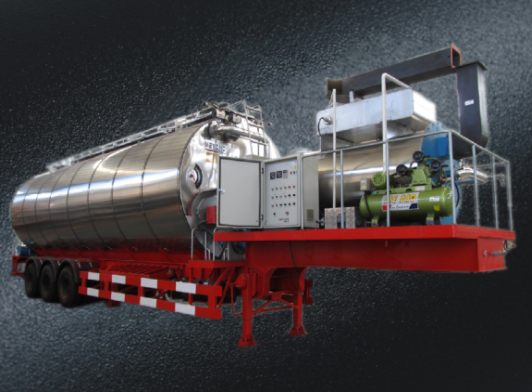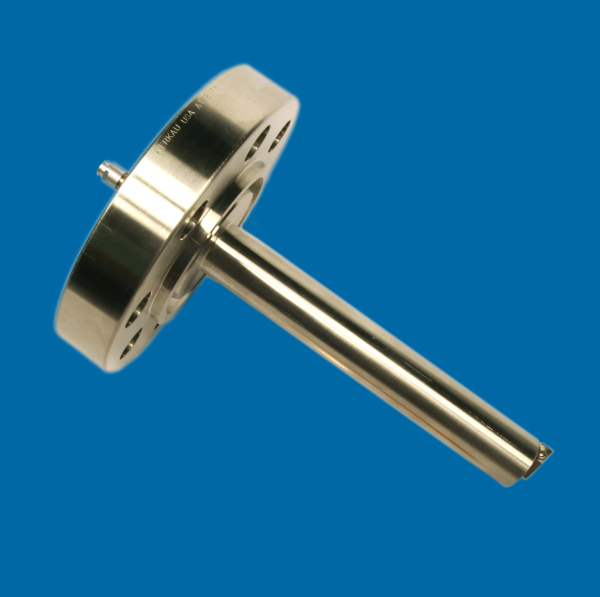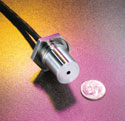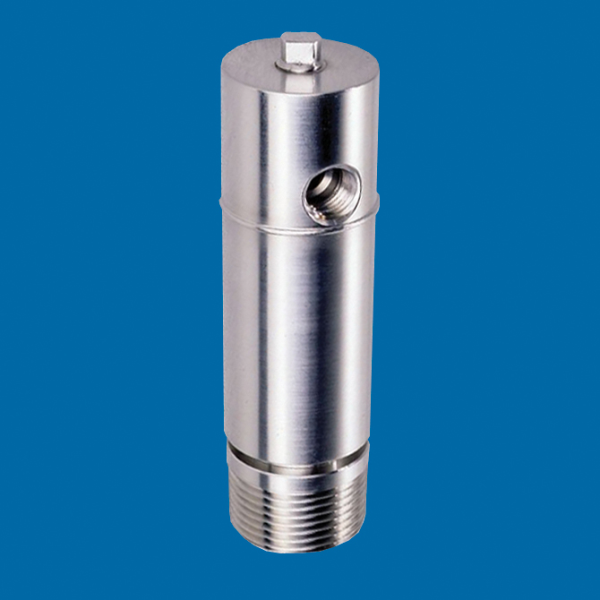Boston—Cambridge Viscosity’s in-line viscometer, VISCOpro 2000, is being used by Zhejiang Metong Machinery Company, a leading producer of road construction and maintenance equipment.
The company’s primary products include truck-mounted asphalt systems sold worldwide, asphalt melting equipment and the largest emulsified asphalt plant in China.
Metong’s MT-AR50 Portable Reaction Tank is specially designed for reaction, storage and transportation of rubberized asphalt. Used to pave asphalt roads, the waste tire rubber powder and rubberized asphalt mixture improves pavement function, extends service life and reduces the environmental pressure caused by waste tires. Rubberized asphalt meets the national policy of building a conservation-minded society and developing a cyclic economy.
Metong uses Cambridge’s in-line viscometers to monitor and control asphalt viscosity for their truck-mounted systems. Viscosity is key in monitoring the quality of the rubberized asphalt. In the tank, the asphalt’s viscosity changes according to temperature and the length of time it is contained. The sensors help to maintain constant viscosity by adapting the temperature as needed to obtain a more consistent spray pattern, allowing an even coating to be sprayed onto the road for a higher quality result.
“Viscosity is one of the most important parameters for providing consistent spray patterns for our asphalt application,” explains Technical Engineer Mr. Yang. “We considered several other technologies such as rotational and vibrational viscometers but found the Cambridge viscometer to be the best choice for us due to its compact size, simple design and rugged construction,” says Technical Director Mr. Feng.

About Cambridge Viscosity
Cambridge Viscosity is the leading supplier of automated viscometers used by oil exploration and refining, coating, chemical and life science companies to optimize product and process performance. Cambridge Viscosity's sensors and viscometer systems conform to ASTM, DIN, JIS and ISO standards, with a range of models designed to meet specific industry and application needs.
Type certifications include ATEX, CE and FM. CSA certification is available upon request. Cambridge's global reach provides application engineering support and service wherever and whenever needed.










